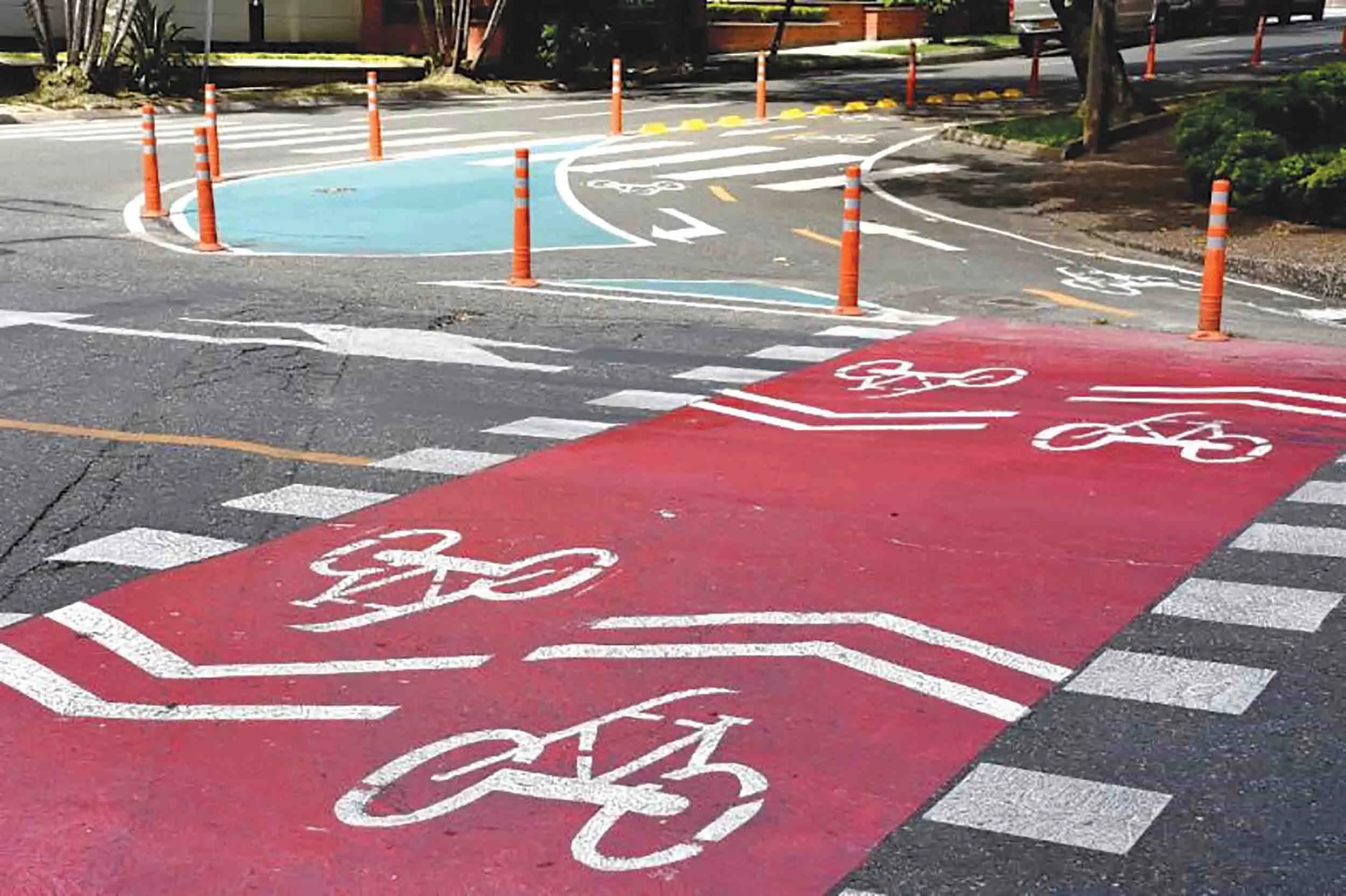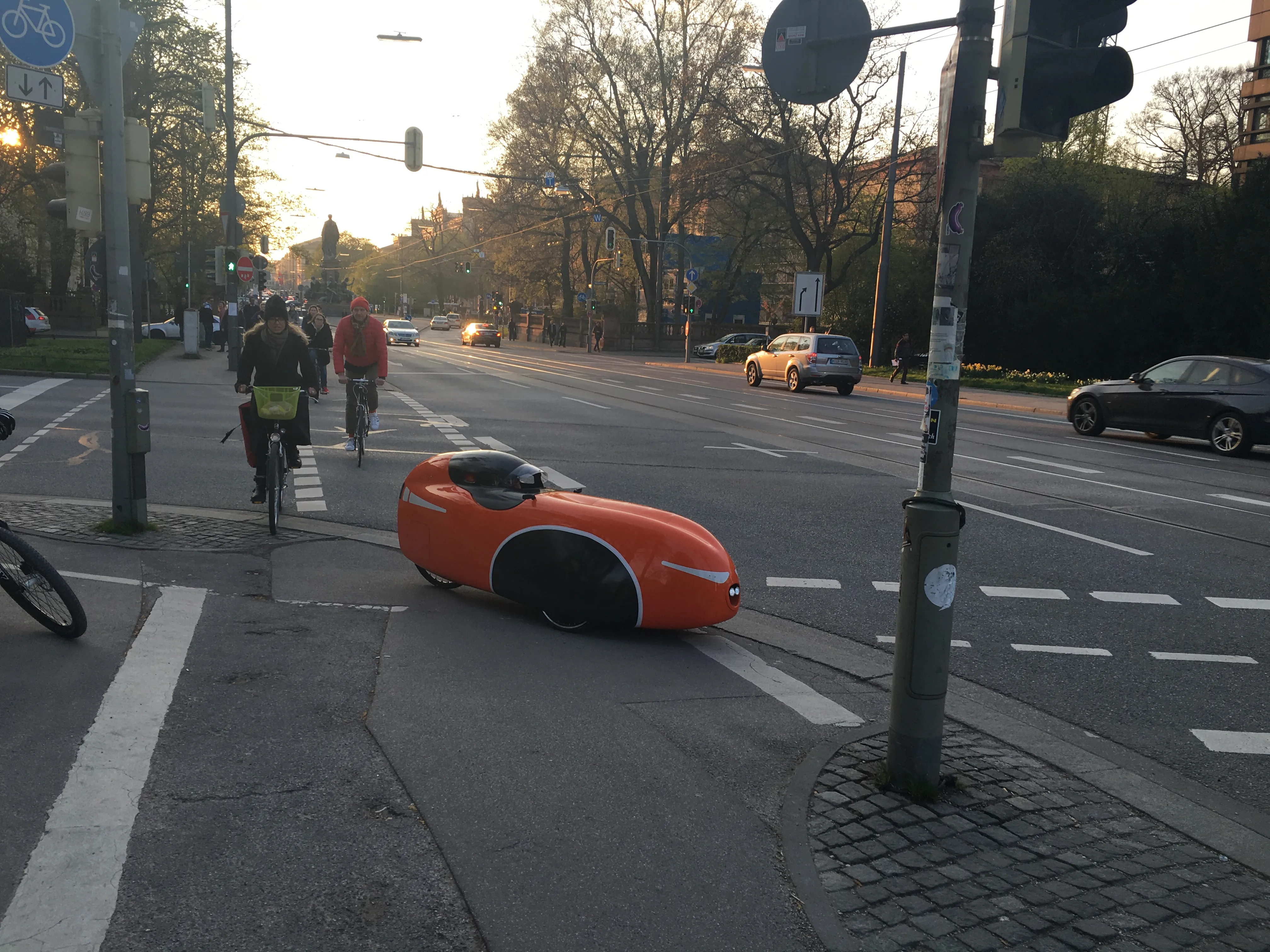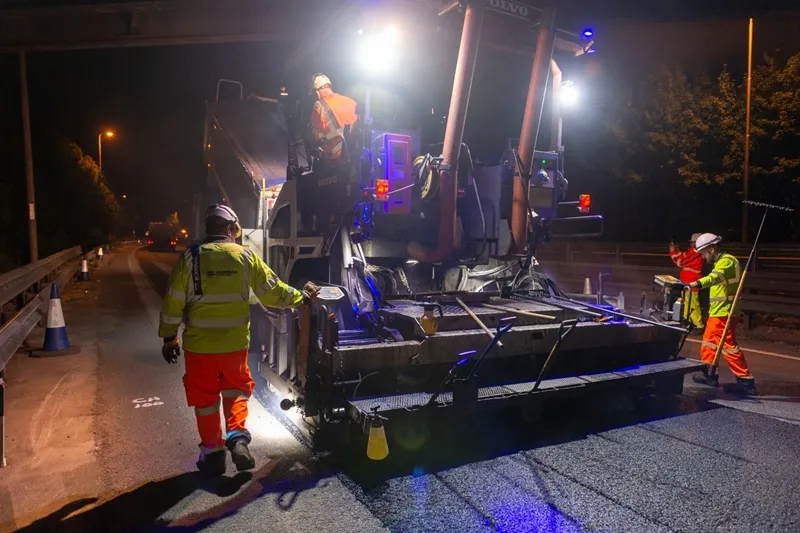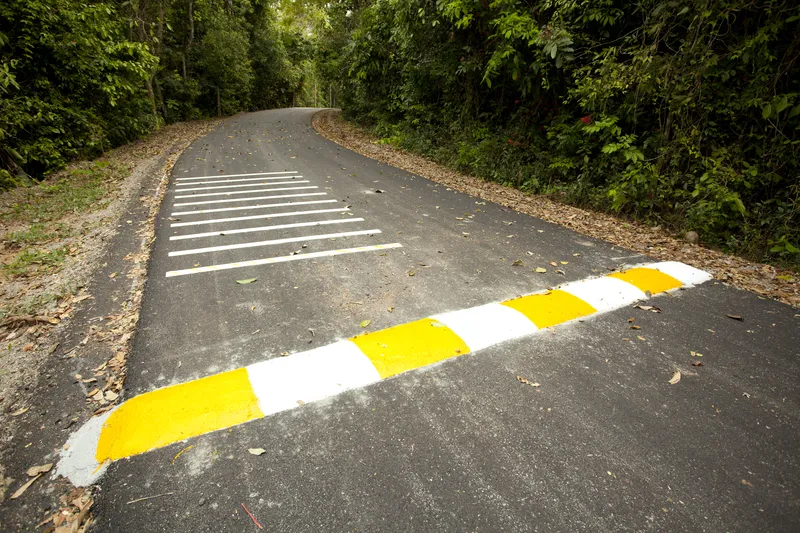Across Latin America, a region known for its chaotic driving and dense traffic jams, a growing number of commuters are doing the unthinkable - ditching their cars for bicycles
City leaders and cycling advocates in Latin America have recently been focusing on the development of sustainable urban design that improves cyclist. Hundreds of kilometres of bike lanes are being laid out and cyclists are getting favourable loans to purchase bikes. There are even innovative bike-share systems.
One city enhancin
January 25, 2017
Read time: 2 mins

Across Latin America, a region known for its chaotic driving and dense traffic jams, a growing number of commuters are doing the unthinkable - ditching their cars for bicycles
City leaders and cycling advocates in Latin America have recently been focusing on the development of sustainable urban design that improves cyclist. Hundreds of kilometres of bike lanes are being laid out and cyclists are getting favourable loans to purchase bikes. There are even innovative bike-share systems.
One city enhancing its infrastructure to better cater to the safety of its biking community is Medellin, the second largest city in Colombia. Since 2004, Medellin has evolved to become an incredible role model for sustainable urban development, integrating various improvements to enhance its transportation facilities.
As part of the 15-year plan to improve and grow the biking facilities throughout Medellin, in March 2016, several bike lanes were restored and constructed in Medellin and its surrounding neighbourhoods of Laureles, San Juan and Palacé. Road marking has been done with4009 Evonik’s 1659 Degaroute-based MMA road marking systems.
Applications include red area markings covering the entire bike lane, arrows, symbols, text, speed badges, as well as centre and edge lines.
To begin, the concrete and flexible asphalt surfaces were prepared by air blasting and sweeping and then priming the concrete sections of road. The Degaroute-based road markings were then manually applied using a trowel, covering around 11,000m2 which included all lines, arrows and area marking crossings along the bike lane installations throughout Medellin.
Repairs to the other bike facilities in the neighbouring areas included the installation of new cold plastic MMA line markings, red crossing sections and connections to the new bike lane.
Cold plastic MMA road markings can be applied in a wide variety of application areas and adjusts skid resistant properties when needed.
“Not only have we reduced accident rates, but we have also given the pedestrians the right to be included in the system and the chance to be protected,” said one city official. “Cold plastic MMA creates colourful environments, provides cyclists the opportunity to also be respected and, finally, outlasts traditional road markings with their above average life-cycle.”
City leaders and cycling advocates in Latin America have recently been focusing on the development of sustainable urban design that improves cyclist. Hundreds of kilometres of bike lanes are being laid out and cyclists are getting favourable loans to purchase bikes. There are even innovative bike-share systems.
One city enhancing its infrastructure to better cater to the safety of its biking community is Medellin, the second largest city in Colombia. Since 2004, Medellin has evolved to become an incredible role model for sustainable urban development, integrating various improvements to enhance its transportation facilities.
As part of the 15-year plan to improve and grow the biking facilities throughout Medellin, in March 2016, several bike lanes were restored and constructed in Medellin and its surrounding neighbourhoods of Laureles, San Juan and Palacé. Road marking has been done with
Applications include red area markings covering the entire bike lane, arrows, symbols, text, speed badges, as well as centre and edge lines.
To begin, the concrete and flexible asphalt surfaces were prepared by air blasting and sweeping and then priming the concrete sections of road. The Degaroute-based road markings were then manually applied using a trowel, covering around 11,000m2 which included all lines, arrows and area marking crossings along the bike lane installations throughout Medellin.
Repairs to the other bike facilities in the neighbouring areas included the installation of new cold plastic MMA line markings, red crossing sections and connections to the new bike lane.
Cold plastic MMA road markings can be applied in a wide variety of application areas and adjusts skid resistant properties when needed.
“Not only have we reduced accident rates, but we have also given the pedestrians the right to be included in the system and the chance to be protected,” said one city official. “Cold plastic MMA creates colourful environments, provides cyclists the opportunity to also be respected and, finally, outlasts traditional road markings with their above average life-cycle.”









